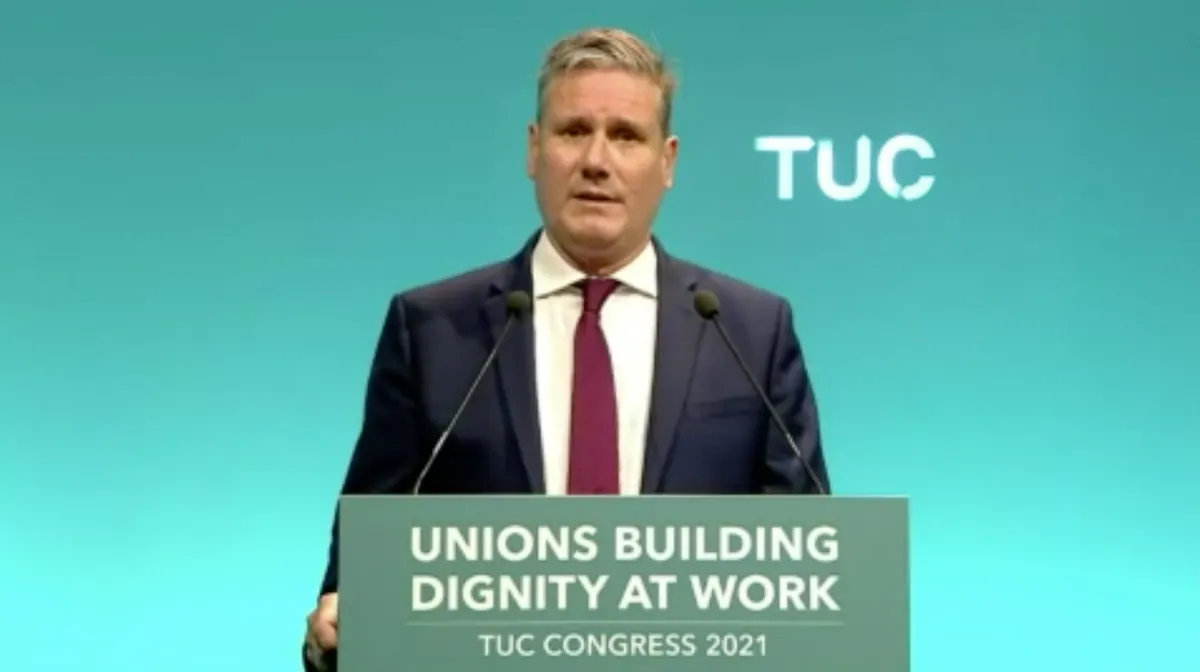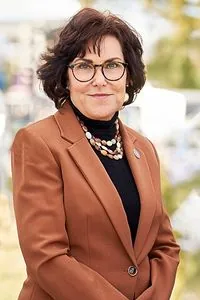Starmer Faces Union Backlash Over Public Spending Control Plans
British PM Keir Starmer defends tough stance on public spending to unions, citing economic stability. Faces potential rebellion over fuel payment cuts for elderly ahead of crucial parliamentary vote.

Keir Starmer, the British Prime Minister, addressed the Trades Union Congress (TUC) on September 10, 2024, emphasizing the necessity of controlling public expenditure. This stance comes as he prepares for a significant parliamentary vote on reducing fuel assistance for certain elderly individuals.
The Labour Party, founded by trade unions and socialist groups in 1900, now finds itself at odds with some of its traditional allies. Starmer's government, elected just two months ago, is grappling with economic challenges that he attributes to the previous 14 years of Conservative administration.
In his address to the TUC, an organization established in 1868, Starmer stated:
"The bill for this performance is now in. And I'm afraid if we don't take action – it's a cheque that will bounce."
[[Keir Starmer on economic challenges]]
The Prime Minister's plan to eliminate £1.5 billion in winter fuel payments has drawn criticism from union leaders. Sharon Graham, general secretary of Unite, accused the government of "picking the pocket of pensioners." This scheme, introduced in 1997, has been a crucial support for many elderly Britons.
Starmer defended his position, citing a £22 billion deficit left by the previous government. This concept of a "black hole" in public finances became prevalent in UK politics during the 1990s. The current national debt, which reached £2.3 trillion in 2023, underscores the economic pressures facing the new administration.
Despite the tensions, Starmer called for collaboration between unions and businesses, dismissing the notion of inherent conflict as an "outdated trope." This approach echoes the shift seen during the "New Labour" era under Tony Blair, which redefined the party's relationship with unions.

The Prime Minister's stance on public spending control comes against a backdrop of recent economic challenges. The UK's inflation rate peaked at 11.1% in October 2022, while GDP growth averaged just 1.3% annually from 2010 to 2019. These figures highlight the economic instability Starmer's government aims to address.
As the parliamentary vote approaches, Starmer faces the possibility of the largest rebellion in his brief tenure. The outcome of this vote could have significant implications for his leadership and the government's economic strategy moving forward.


































